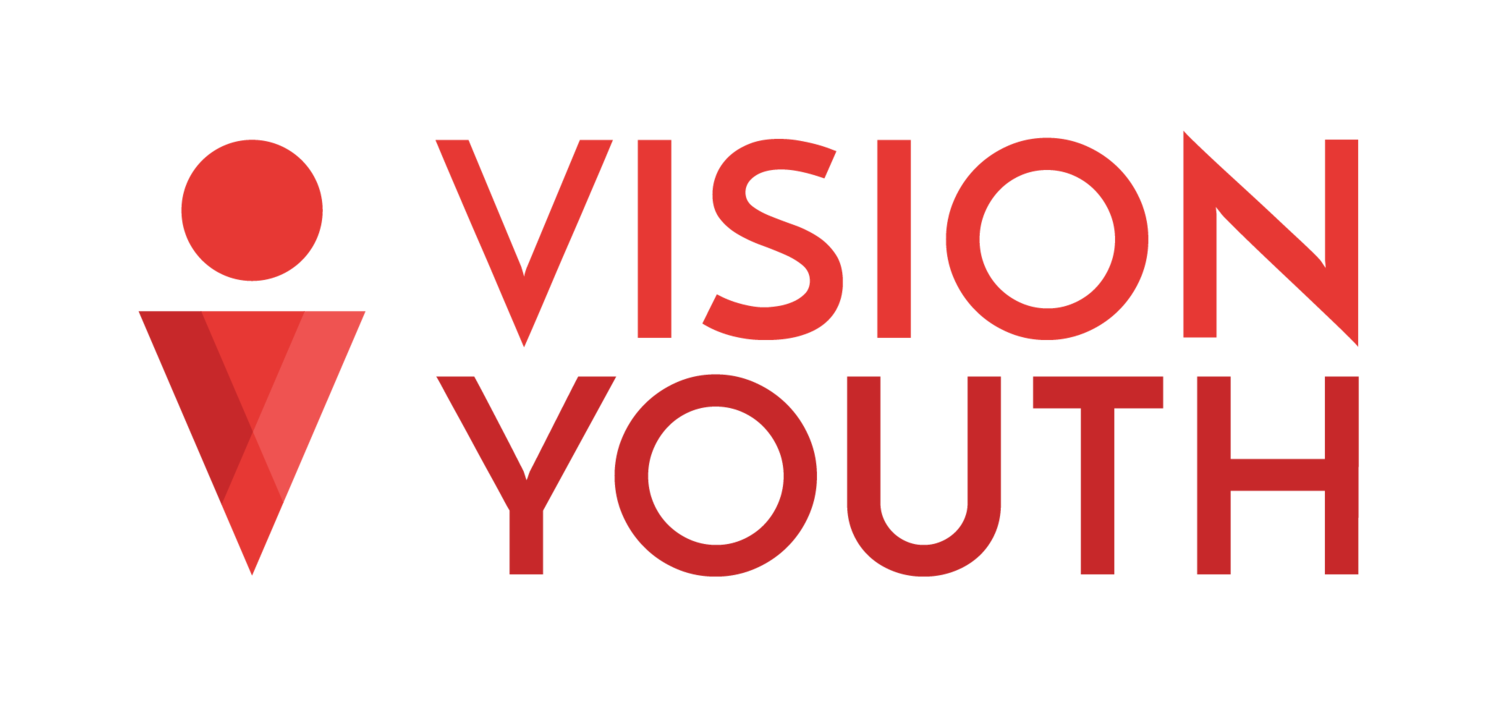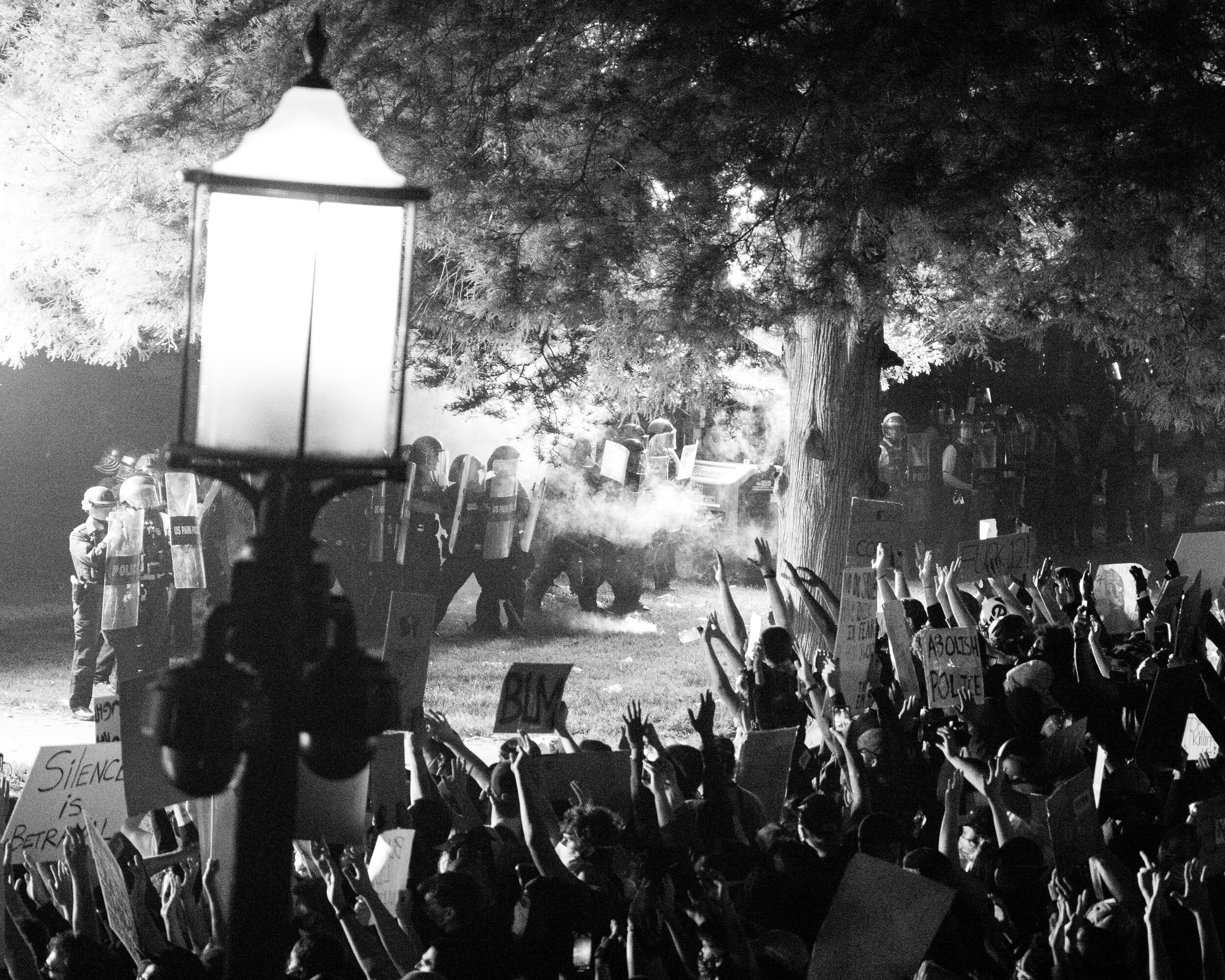Social Issue Breakdown: Black Lives Matter
If you’ve watched the news or been on social media recently, you’ve probably heard about the protests and movements that have been going on around the world in support of Black Lives Matter (BLM).
You probably know that the BLM movement protests against incidents of police brutality and racially-motivated violence against Black people. You may have also heard of how the movement advocates for systemic change within communities such as defunding the police.
Here’s a breakdown of some of the most important points of this social issue to help you better understand and form opinions of your own.
THE FIGHT FOR LIBERTY, JUSTICE, AND FREEDOM
How Did Black Lives Matter Start?
The BLM movement started in 2013 in response to the murder of Trayvon Martin, a 17 year old African-American teenager. George Zimmerman, a neighbourhood watch volunteer, had shot and killed Martin as the teen was headed home from a nearby convenience store after buying Skittles and an Arizona iced tea.
The injustice of Martin’s death provoked outrage across the U.S., leading to protests and rallies in over 100 cities across America. Six weeks after Martin’s death, Zimmerman was arrested on a second-degree murder charge and pleaded not guilty, claiming he acted in self-defense.
After weeks of trial, Zimmerman was acquitted by a jury that found there wasn’t a strong enough case against Zimmerman to convict him. For many in the U.S. and across the world, the outcome was shocking, heartbreaking, and infuriating. As more protests and rallies ensued, movements like Black Lives Matter emerged, fighting against the injustices that Black people face.
A protest against the shooting of Trayvon Martin in New York in March 2012. (David Shankbone/ Flickr)
BLM: Seven Years Later
Though protests have continued throughout the years since 2012 -- just as injustice and police brutality has -- in 2020, the more recent surge of BLM protests and discussions were triggered by the death of George Floyd. Floyd, a 46-year-old Black man, was killed by a white police officer who had pinned him to the ground and knelt on his neck, despite his cries for help.
The movement fights against the systematic racism that is built deep into countries and the oppressions against Black people that it brings. They often bring attention and fight for those that have been victims against actions of police brutality. Supporters of BLM also work towards change in their corrupt systems within their communities and governments. They all work towards reform of societies and creating a more safe and just space for all.
A Black Lives Matter protest in St. Paul, Minnesota, September 2015, after the violent arrest of Autistic teen, Marcus Abrams. (Fibonacci Blue/Wikimedia)
So Why Is It Not All Lives Matter?
The term “Black Lives Matter” is often misinterpreted as Black lives are more important than all other lives. However, that is not what the phrase stands for. It instead puts the focus on Black lives as they are the ones that are currently in danger and need help. Of course all lives do matter but if Black lives don’t matter, how can all lives matter?
What Does It Mean to Defund the Police?
Currently, policing takes up a very large part of many communities' budgets, often much more than other crucial sectors such as education and public health. According to a CTV news report, Toronto spends 9% of the entire city’s budget on policing alone. People demand that the budgets that are given to police services be lowered and redistributed to other sectors that need it more such as affordable housing and public transit.
When hearing about defunding the police, people often ask how the police will be able to protect us without the resources they once had? To that, a reduction in our reliance on police and finding alternatives to policing services, is proposed.
In some police departments, police officers do not require too much training. In fact, according to this CNN article, in some states in the U.S., becoming a barber can take almost triple the amount of time it takes to become a police officer.
With such a short amount of time in training, it’s difficult to ensure all officers will know how to de-escalate situations or resolve conflicts calmly with different types of people. In other instances such as a psychiatric distress, sending police officers may be ineffective when sending someone better-trained, such as a mental health worker, is a viable option.
Black Lives Matter Protest in Washington D.C. on May 31, 2020. (Koshu Kunii/Unspalsh)
HOW CAN YOU HELP?
The first step in helping to create a more just world for all is educating yourself on the issues at hand and how our societal systems are broken.
Find credible and detailed sources to answer any questions you may have
Read or watch books or movies that can help you better understand the need for this movement and what many Black people go through every day
After learning about the situation, the next step is to take action. This can include:
Sharing the word online to help educate others
Having hard conversations with family and friends
Donating to different organizations that will help the movement
Supporting more Black-owned businesses
Signing petitions to get the interest of people in positions of power
Going to protests to further express your thoughts and get the attention of others
And much more...
There are many sources online to find more information on what to do such as this doc with lots of info, this BLM card, or the Canadian BLM website.
Black Lives Matter Protest in Washington D.C. on June 6, 2020. (Koshu Kunii/Unspalsh)
Over the last three months as the movement has become most prevalent, much positive change has been made due to the many outspoken voices of the world. The police officer that killed George Floyd was charged and arrested as well as the three other officers present. Many have also raised awareness for other instances of Black deaths caused by police brutality and racially motivated violence, such as with Breonna Taylor, Elijah McClain, and Jacob Blake.
Some cities have made cuts and vowed to gradually decrease their spending on their police departments. Statues of people that were historically racist and slave owners have been taken down, as well as name changes to schools and buildings. Many corporations have also taken a look at the people that they include and promised greater diversity and inclusivity.
The fight against racism has been long and hard but is still continuing. It is far from over and there is still much more needed to be done before achieving a world where everyone is treated fairly and equally.
As we work towards making that a reality, we must remember that all humans deserve the same rights and freedoms, and acknowledge the fact that Black people currently do not have this same treatment. As growing leaders of the world, we must work together and transform societies into a better place for all.




